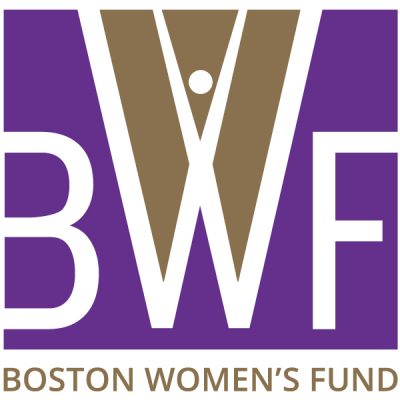In the business world, women receive a reported 7 percent of venture funds for their startups, according to a Fundera statistic, even as more are pursuing entrepreneurial success in the United States.

The Boston Women’s Fund, founded in 1984, is a nonprofit that financially supports community initiatives run by women who aim to achieve economic, racial and social equality.
Natanja Craig-Oquendo was named the organization’s new executive director in September. Before joining BFW, she had worked for more than 20 years in the nonprofit sector.
Craig-Oquendo said her personal struggles propelled her to join BWF and help people with similar backgrounds to her.
“Someone like me, who’s had experience in a housing development, who’s had experience as a teen mother, who’s had experience with receiving assistance from the government,” Craig-Oquendo said, “why wouldn’t we have them at the table as we’re trying to solve for many of the issues that are in Boston?”
Since its founding, BWF has donated more than $6 million in grants to hundreds of organizations, with a primary focus on lower-income and racially diverse recipients, according to its website.
Craig-Oquendo said BWF looks for a range of ages, gender identities and ethnicities in the Commonwealth when recruiting for its team.
“We want a diverse group of women helping us make the decisions in terms of who our grant-making will support,” Craig-Oquendo said.
The group’s mission is directly impactful to minority communities and creates effective change, Craig-Oquendo added, which is why she values her involvement.
“Boston Women’s Fund feels like home,” Craig-Oquendo said. “It is rooted in disrupting racial injustices. It is rooted in gender equity. It is rooted in social justice.”
Later this month, BWF will be hosting the virtual conversation “Activating and Including Youth Voices in City and State Policy,” during which Craig-Oquendo will moderate panelists on the legislative side of community engagement.
One of the panelists, Boston City Councilor Julia Mejia, has previously worked to promote voting and had founded a nonprofit network to educate young people. This background, she said, has prepared her for conversations like these.
Meija said she hopes the conversation will inspire young people to make tangible changes after leaving the online discussion.
“We need to put some actionable steps behind everything that we do, and then hold ourselves accountable to that,” Mejia said. “I want people to know that we need to do the work.”
Luisa Godinez Puig, a doctoral student in the Graduate School of Arts and Sciences at Boston University studying political science, said she has noticed rising numbers in voter turnout among young adults, a demographic she said politicians should recognize.
Godinez Puig said she recommends young people investigate on-campus resources — such as BU’s Initiative on Cities — and other organizations to become civically active in their communities.
The MetroBridge Program, which operates as part of the Initiative, allows students to generate policy ideas for local cities in the Greater Boston area.
“Students get to essentially design policies for these cities, and they act as consultants for the city,” Godinez Puig said. “That’s a very excellent way to directly influence policy in the area where they live.”
For students specifically, Godinez Puig said early involvement in local politics is important in creating equitable policies for the future.
“There are tons of local positions that are elected, from the council members in the city to advisory neighborhood commissions,” Godinez Puig said. “All those really could use more young people and a young vision to influence politics.”


























































































































